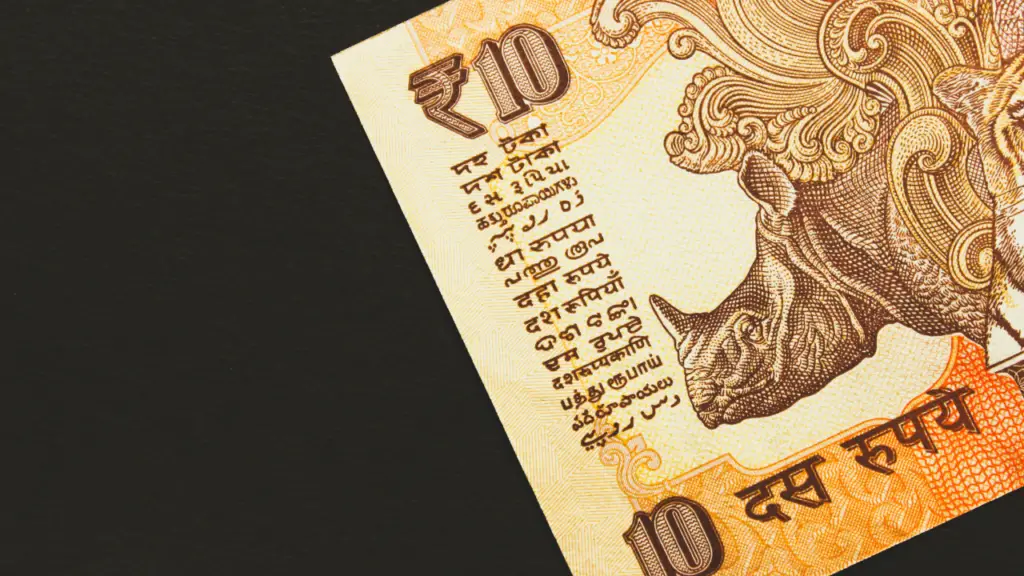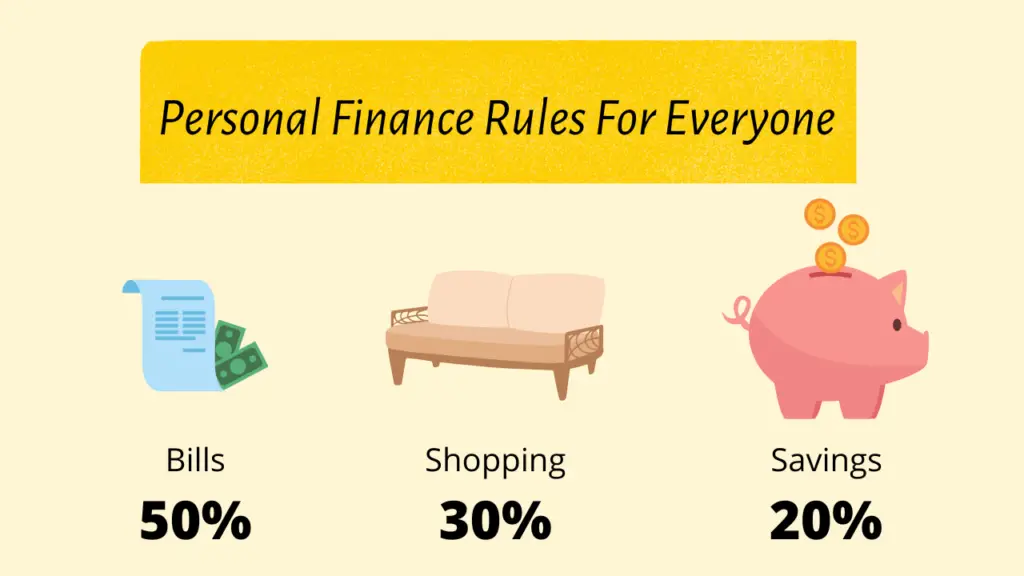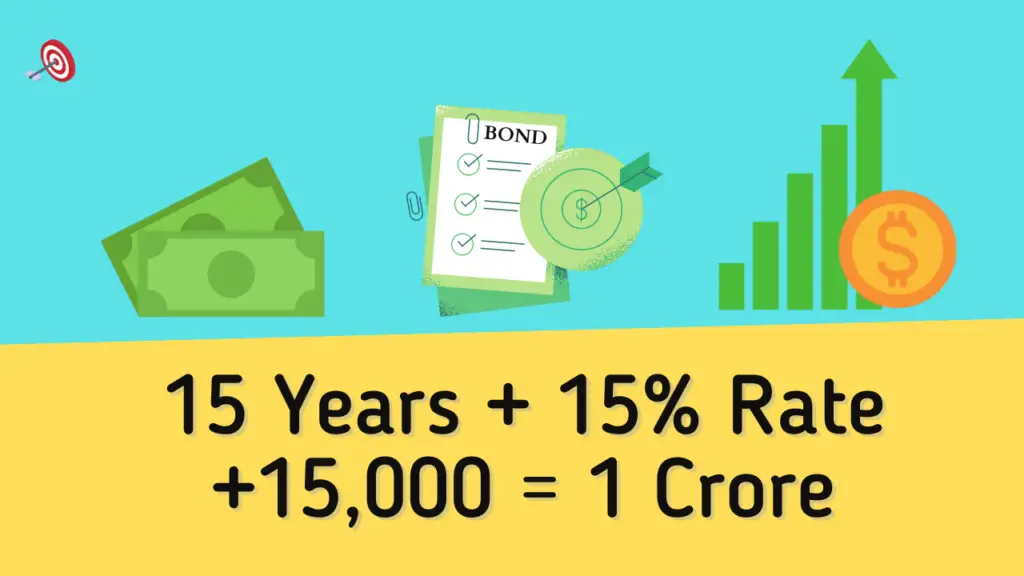Sharing is caring!
Once while scrolling through social media, I found an image that is a screenshot of a Bank app review section, a person after eating a tiffin on the roadside, when he tried to pay using UPI, faced a Bank Server Issue. I guess you might have also faced this issue but the person who faced this situation and his review on the play store made me laugh. I still remember this meme.
This is not the reason to have multiple bank accounts. But having more than one bank account comes with a lot of advantages. Practically you cannot have 5 or 10 or even more bank accounts and maintain them. And having too many bank accounts also has many drawbacks and is also not advised by many financial experts. You will know about all of these in this post. You will also find exactly how many bank accounts you need. And I will let you know how I deal with multiple bank accounts.
What is Savings Account?
Every person needs a bank account. No one will deny it. Most of you already have at least one bank account and there are high chances that it is a savings account.
A savings account is a basic bank account through which you can use banking features such as ATM withdraws, Debit Cards, and a Cheque Book. Also, the bank will give some interest on the amount you save in your savings account which is directly added to your savings account every quarter. And to use this account you need to always maintain an average balance every month. Based on the location whether you live in a metro city or a non-metro city, your average balance maintenance is decided by the bank.
How to use a Savings account?
Savings account as the name says can be used to park your savings to maintain some liquidity with you for your short-term needs for up to 6 months. You can’t and you should not use a savings account to save lakhs of rupees, because the interest you can earn from a savings account is very low. And one more prominent use of a savings account is that you can use it for linking it to your Retirement accounts like EPF or NPS, and also for Income Tax Refunds. You can’t use a salary account for these needs because you can change your salary account in the future. So the conclusion is you need at least one Savings account and you should make that account permanent.

What is Salary Account?
A salary account is also a type of savings account but this account is for the people who are employed and earn a salary from their employer every month. This account offers the basic features of a savings account and a salary account have benefits like zero balance maintenance and easy access to loans.
How to use Salary Account?
I use my salary account only for credit transactions i.e, Salary Income, Freelancer income, Adsense Income, etc. If you have some rental income from your property also you can use your salary account for that. The salary account also offers some cashback and offers for your bill payments too. But still, I don’t use my salary account for bill payments and monthly expenses. Instead, I use Neo Banks. Why because I have a habit of tracking my every penny. And for these tracking purposes, Credit transactions and debit transactions within one account cause trouble for me. How does this help?
For example, if I switch jobs. I may need to change my salary account, and I can easily switch my salary account why because now I only need to update my bank details for salary income, AdSense income, and freelancer income. Imagine if I use a salary account for all my bill payments and investments. I need to update my details everywhere. And if I failed to update and my SIP or even my automated bill payment gets rejected and it causes trouble and may also attract a penalty as I default my bill payments.
What are Neo Banks?
Neo Bank is a Digital Bank with no physical branches. Some of the examples of neo banks are Jupiter, FI Money, etc. Are these banks safe? Is your money in these banks safe? Absolutely YES. These banks don’t keep money with themself. As per the RBI Rule, All these banks should tie-up with traditional banks for banking services, and your money is kept with these traditional banks. For Example, I use Jupiter. And Jupiter tie-up with Federal Bank. So my money is with Federal Bank not with Jupiter. Jupiter is only an app that provides me with features and a hassle-free paperless digital experience.
Why Neo Banks and how do I use Neo Bank?
Do you remember the days when there is a lot of paperwork for any single update in the bank or any request for service from traditional banks like SBI, HDFC, ICICI, etc? The neo bank eliminates this paperwork, provides hassle-free banking experiences, and also there is no minimum balance requirement. They are also loaded with features like expense tracking, categorizing your expenses so that you can see where you spend your money in a single snapshot.
Do you remember when you block your debit card thinking it is lost and finally you found it? You need to apply for a new debit card and pay the charges for that too. Some neo banks offer a sleep feature so that you don’t need to block your card when you lost it just set your debit card inactive state. Later if you found your debit card you can easily start using your debit card by toggling the sleep option in your app.

What is a 3-in-1 Account?
A 3-in-1 account is the combination of a savings account, trading account, and Demat account. If you already have Demat with Zerodha or Upstox or any broker, you may have linked your savings account to your Demat account. For the same purpose of the Demat and Trading, the banks have a special account called a 3-in-1 Account. The account offers many features and one such considerable feature is it offers no minimum balance requirement.
How to use a 3-in-1 Account (Investment account)?
If you don’t want to use or open a new 3-in-1 account, you can continue to use your savings account. But as I said earlier, you should have one permanent savings account for the uses said above, using the same account may be filled with a lot and lot of credit and debit transactions in your savings account. And tracking the transactions of your investment is trouble if the frequency of trading and investing is high. So you can use the savings account but instead of using your existing one, opening a new savings account and using the same for all your investment accounts will help.
Every time I receive my paycheck, the amount from my salary account is distributed into an Investment Account, a Savings account, and a neo bank account for expenses throughout the month. One advantage here for me is all the bank accounts have doesn’t need Minimum balance maintenance. Did you see the order of my income distribution, it first goes into an investment account, then a savings account, and the rest left amount for expenses into the Neo bank account following the 50-30-20 Rule. Learn about the rules from here.
Conclusion so far,
a Savings account is like one permanent bank account for your short-term savings, linking to your retirement accounts, and also for income tax refunds. A salary account can be used for linking to all your income sources like salary income, rental income, freelancer income, etc. A Neo Bank(Digital Bank) for expense tracking and categorizing, using banking features without overhead like paperwork. 3 in 1 account.is your investment account.
Following a system like this always help you manage your finances. If you are married or you take care of your parent’s finances, you may also need to have a joint account with them. Let’s hear the same from Steve Harvey.
Problems You Face If You Can't Manage Your Multiple Bank Accounts
- More number of bank accounts means more money is locked as most bank accounts have minimum balance requirements. If you have 6 bank accounts and each requires 10K as a minimum balance then your 60K is locked for very low rates, and if you fail to meet the requirement then it attracts a penalty.
- If you can’t use 1 or 2 accounts for long period then the bank will mark your account as a dormant account, and you need to go through lots of paperwork and branch visits to make your account active.
- Even if you use or don’t all your bank accounts attract maintenance fees and Debit card charges as well.
Finally, How Many Bank Accounts Should You Have?
It depends on you. For you, if the advantages and usage of multiple bank accounts are more lucrative than the disadvantages then you can use else if you feel you can’t maintain all these accounts then don’t. Always remember lower the better when it comes to bank accounts because of the disadvantages we discussed. World Bank’s 2017 Global Findex report, almost half of the account holders in India had an account that remained inactive in 2016.
Most people open a new salary account when they switch jobs and forget to close the previous one. Which will later turn into a savings account and demand a minimum balance ranging from 5,000 to 10,000, you can avoid being that person by following a system like this.
The only reason for these accounts is to make life easy. Why because with multiple bank accounts you are automating your investments, and your savings, and also you live within the budget as you already know that you need to live this month with the funds available in your Expense account(Neo Bank).
The answer for how many bank accounts you need is One for your savings, retirement, and tax, One for your income from all sources, one for all your expenses, and one for all your Investments. Using a system like this will help you avoid overspending, help you plan, budget, and invest that others fail to do.
Media Credits
Video Credits: Youtube Channel (Steve TV Show)
All the information shared is for educational purposes only. The blog Finance Made Easy(financemadeeasy.in) and the author is not responsible for your financial decisions.
Sharing is caring!

